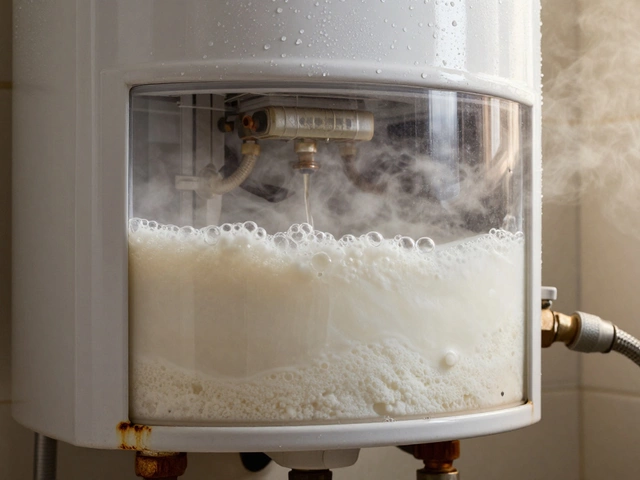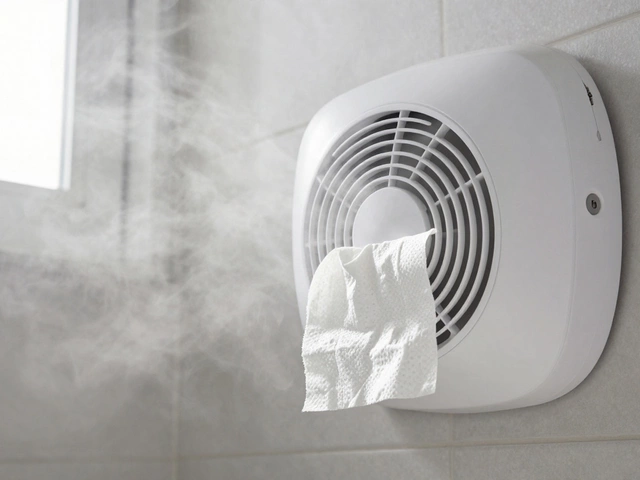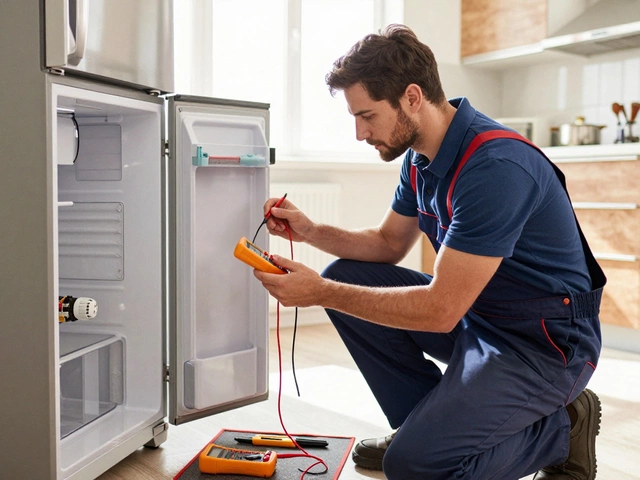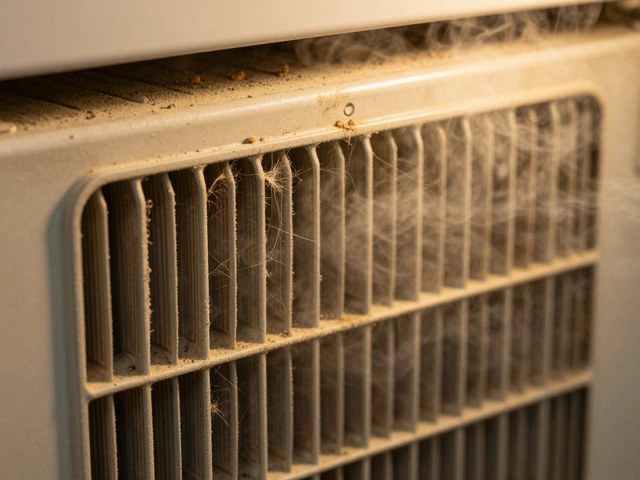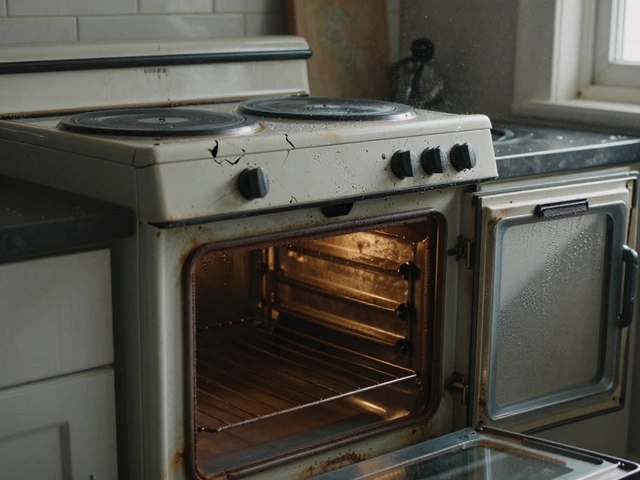Long-Lasting Appliances – Simple Ways to Extend Their Life
Ever wonder why some appliances seem to outlive the rest while others give up after a few years? The truth is most of us can push the life of a fridge, washing machine or oven with a few easy habits. Below you’ll find straight‑forward advice you can start using today, plus quick signs that it’s time to call a professional.
What Usually Shortens an Appliance’s Life?
Even the toughest appliances can suffer if they’re overloaded, ignored or used the wrong way. Here are the top three culprits:
1. Over‑use and overload. Packing a washing machine to the brim or cramming dishes into a dishwasher forces motors and pumps to work harder. Over time the extra strain wears out bearings and seals faster.
2. Poor cleaning. A dusty fridge coil, lint‑filled dryer vent or greasy oven interior blocks airflow and makes the motor run hotter. Heat spikes are a fast track to component failure.
3. Ignoring minor glitches. A fridge that makes a strange clicking sound or an oven that takes a few seconds longer to heat might seem harmless, but those early warnings often mean a part is on the brink of breaking.
Everyday Habits to Keep Appliances Running Longer
Now that you know the risks, let’s talk about what you can actually do. These tips work for most home appliances, from the big ones (washers, fridges) to the small (microwaves, extractors).
• Follow the manufacturer’s load limits. Check the user manual or the label on the machine. Keeping loads within the recommended range reduces stress on motors and suspension systems.
• Clean out filters and vents regularly. For dryers, clear the lint trap after every use and vacuum the vent pipe monthly. For fridges, dust the condenser coils every 3‑4 months. A clean airflow path means cooler operation and less wear.
• Run a maintenance cycle. Many washing machines have a “clean tub” program. Run it with a cup of white vinegar once a month to dissolve soap buildup and keep seals flexible.
• Keep doors and seals tight. Check refrigerator door gaskets for tears or gaps. A leaky seal forces the compressor to run longer, eating up energy and shortening its life.
• Address odd noises or performance drops quickly. If your oven takes longer to pre‑heat, read our post “Can an Oven Last 20 Years?” for clues. Small fixes now prevent expensive parts later.
These habits don’t take much time, but they add up to years of extra life for your appliances.
When you combine regular care with a quick visual check each month, you’ll catch most problems before they become costly repairs. And if you do hit a snag—like a refrigerator that stops cooling or a dishwasher that won’t drain—our detailed guides (see “How to Repair a Refrigerator Not Cooling” and “Most Common Dishwasher Fault”) walk you through easy DIY fixes and tell you when a pro is needed.
Bottom line: a little attention now saves you money, hassle, and the disappointment of a broken appliance. Start with one habit this week—maybe cleaning the dryer vent—and watch how much smoother everything runs. Your appliances will thank you with many more years of reliable service.
Top Durable Cooker Brands: Which Appliances Stand the Test of Time
- Alden Wilder
- Jan 31 2025
- 0 Comments
Discover which brands produce the most reliable cookers that withstand years of use. This article delves into the world of kitchen appliances, guiding you through the maze of options to find those that promise longevity. Alongside expert insights into the best brands, you'll find maintenance tips to help extend the lifespan of your cooker. Dive in if you're keen to invest in a cooker that offers value and durability. Walk away informed and ready to make a smart purchasing decision for your kitchen.
View More
